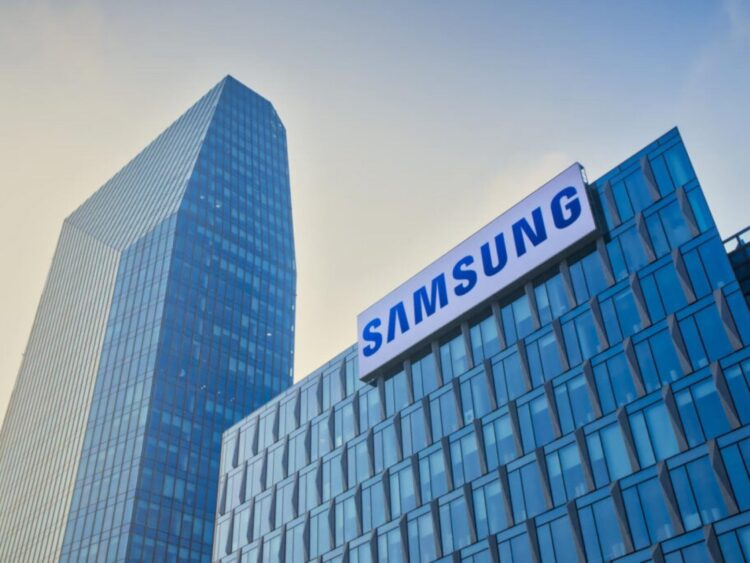Workers at Samsung Electronics Co. (OTC:SSNLF) have announced an indefinite strike, escalating an ongoing pay dispute and posing a threat to global tech production.
What Happened: The labor union representing over 28,000 Samsung employees declared an indefinite strike on Monday. This action significantly intensifies the conflict with Korea’s largest company, reported Bloomberg.
Thousands of workers gathered outside Samsung’s chipmaking complexes south of Seoul, marking the largest organized labor action in the South Korean conglomerate’s 50-year history.
See Also: Microsoft Asks Staff In China To Switch From Android Phones To iPhones At Work: Report
The union expressed its frustration with the management on its website, stating, “Management has no intention of dialogue.” It also warned of production disruptions and expressed confidence that the company would eventually come to the negotiating table.
The union had been preparing for the walkout for weeks, following the collapse of negotiations over pay and vacationtime last month. This strike marks a significant escalation from a single-day strike in early June, the first in Samsung’s 55-year history.
Subscribe to the Benzinga Tech Trends newsletter to get all the latest tech developments delivered to your inbox.
Why It Matters: Samsung Electronics is primarily involved in the design, production, and assembly of consumer electronics, semiconductors, and communication devices.
Within the wafer foundry industry, Samsung competes closely with Taiwan Semiconductor Manufacturing Company Ltd. (NYSE:TSM), with both companies striving for dominance in advanced manufacturing technologies.
The strike could also potentially disrupt Samsung’s efforts to convince Nvidia Corporation (NASDAQ:NVDA) to use its high-bandwidth memory, a crucial step for Samsung to catch up with its smaller rival, SK Hynix Inc., in the booming AI arena, the report noted.
Samsung is also a major supplier of tech giants like Apple Inc. (NASDAQ:AAPL) and Alphabet Inc. (NASDAQ:GOOG) (NASDAQ:GOOGL). The South Korean giant provides OLED panels for iPhones and Google Pixel smartphones.
Check out more of Benzinga’s Consumer Tech coverage by following this link.
Read Next:
Disclaimer: This content was partially produced with the help of Benzinga Neuro and was reviewed and published by Benzinga editors.









